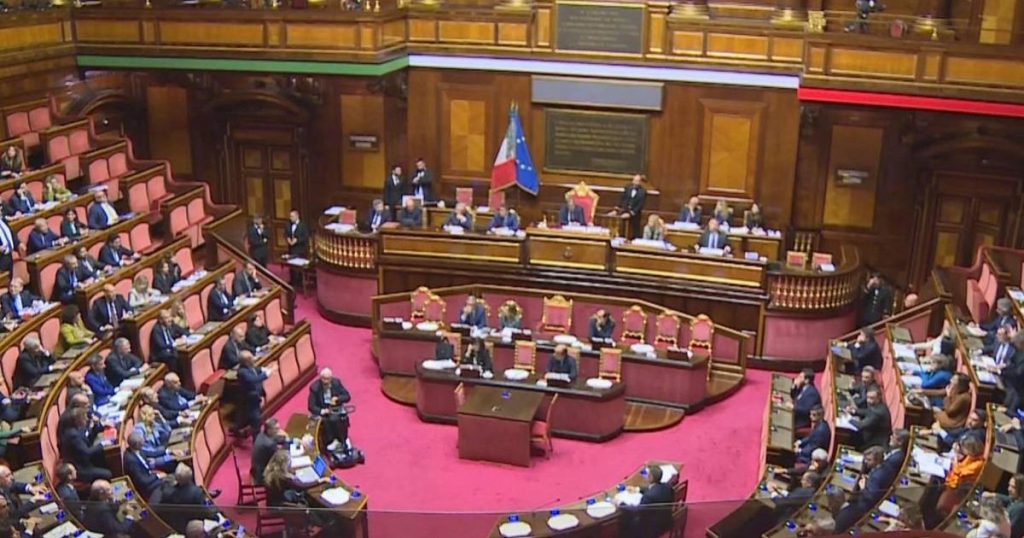Liliana Segre, Mario Monti, Carlo Rubbia, Elena Cattaneo, and Renzo Piano could potentially be the last lifetime senators in the history of the Italian Republic, pending the approval of the constitutional bill on premiership. The Senate has recently approved the first article of the premiership, which abolishes the President’s ability to appoint up to five lifetime senators under Article 59 of the Constitution. This decision was made in a heated session, where Senator Cattaneo proposed an amendment to keep lifetime senators but exclude them from confidence votes as a means to avoid their politicization and interference with government stability.
The session was initially delayed due to a lack of quorum, but quickly escalated with Senator Cattaneo’s proposal. The amendment aimed to prevent lifetime senators from being decisive factors in government confidence votes, ensuring their independence and neutrality. This approach was not unprecedented, as similar proposals had been made in previous legislative sessions by Senators La Russa and Balboni. The amendment was seen as a compromise to maintain the institution of lifetime senators while addressing concerns about their potential impact on governmental stability.
The debate surrounding the future of lifetime senators highlighted the need for safeguards to prevent their politicization and ensure their role as impartial advisors to the government. Senator Cattaneo’s proposal was met with mixed reactions, with some viewing it as a necessary measure to uphold the integrity of the institution, while others questioned its implications on the influence of lifetime senators in governmental decisions. The decision to exclude lifetime senators from confidence votes reflects a broader concern about the need to balance their advisory role with the principles of democracy and government accountability.
The discussion on the fate of lifetime senators underscored the complexity of constitutional reforms and the delicate balance between tradition and modernization in Italian politics. The potential passage of the premiership bill could mark a significant shift in the composition of the Senate and redefine the role of lifetime senators in the country’s governance. However, the contentious nature of the debate indicates that further deliberation and negotiation may be needed to reach a consensus on the future of the institution and its place within the Italian political system. Ultimately, the fate of Liliana Segre, Mario Monti, Carlo Rubbia, Elena Cattaneo, and Renzo Piano as lifetime senators remains uncertain pending the outcome of the constitutional reform process.


